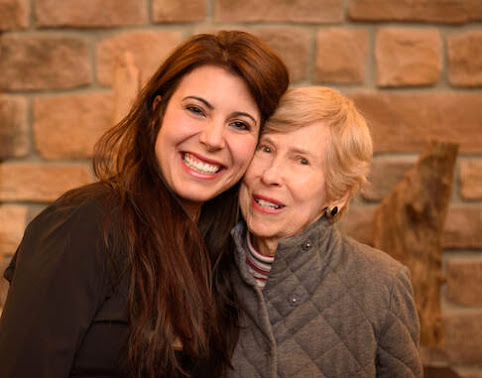We’ve all had those nights. You toss. You turn. You check the clock. Maybe you drift off for a bit, only to wake up again an hour later. And the next morning? You’re groggy, unfocused, and somehow even more tired than when you went to bed.
As we get older, our sleep patterns naturally change. But just because it’s common doesn’t mean it has to be accepted. Poor sleep isn’t something to shrug off. It affects memory, balance, mood, and even heart health.
The good news is that better sleep often starts with better habits in assisted living Phoenix.
Create a wind-down routine
Give your brain a heads-up that bedtime is coming. Turn off bright screens at least an hour before bed, dim the lights, and do something calming. That might be reading, stretching, or simply sitting quietly with a cup of herbal tea.Be consistent
Go to bed and wake up at the same time every day, even on weekends. A steady sleep schedule in senior apartments helps regulate your internal clock, making it easier to fall asleep and wake up naturally.Watch what you eat and drink
Heavy meals, caffeine, and alcohol too close to bedtime can make sleep harder. Try to finish eating at least two to three hours before bed. If you need a snack, something small like a banana or a few almonds works better than something sugary or spicy.Keep naps short and sweet
A short nap during the day can be refreshing, but long or late naps can make it harder to fall asleep at night. Try to limit naps to 20 or 30 minutes, ideally earlier in the day.Make your bedroom a sleep-friendly zone
Keep the room dark, quiet, and cool. If outside light is an issue, blackout curtains or an eye mask can help. Soft, breathable bedding and a supportive mattress make a big difference too.Move your body during the day
Even gentle movement helps. A morning walk, light stretching, or tai chi can support better sleep by helping your body feel ready for rest when the time comes.Limit late-night worries
If your brain starts racing when your head hits the pillow, try writing down your thoughts earlier in the evening. Keep a notepad nearby so you can jot something down and let it go.Here in senior living Phoenix, we’ve seen how small shifts can lead to much better sleep. Whether it’s adjusting the lighting, cutting back on late coffee, or simply making time to slow down in the evening, these changes can add up. A good night’s rest isn’t a luxury. It’s a form of self-care that helps you feel like yourself again.



.jpg)


